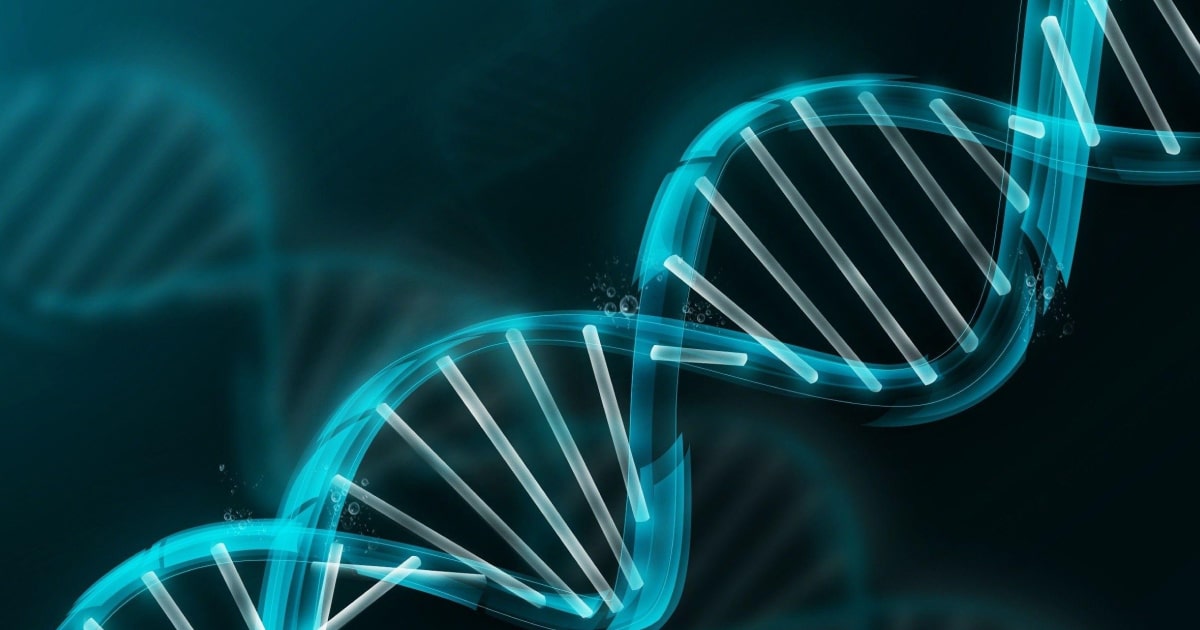
Expert Reviewed By: Dr. Brandon Colby MD
Abnormal activity of the mitochondrial respiratory chain is a complex and challenging medical condition that has puzzled scientists and clinicians for years. The mitochondrial respiratory chain is a critical component of cellular respiration, and its dysfunction can lead to a wide range of health issues. In recent years, advances in genetic testing have provided valuable insights into understanding, diagnosing, and managing this disorder. This article will explore the latest research on the subject and discuss how genetic testing can be helpful for those affected by abnormal mitochondrial respiratory chain activity.
Understanding Abnormal Mitochondrial Respiratory Chain Activity
The mitochondrial respiratory chain is a series of protein complexes embedded in the inner mitochondrial membrane that plays a crucial role in energy production within cells. Dysfunction of this chain can lead to a decrease in cellular energy production, causing a wide range of symptoms and conditions. Recent studies have shed light on the molecular mechanisms behind this dysfunction, providing a better understanding of the disorder.
Mutations in Mitochondrial Dehydrogenase/Reductase Genes
A study on the nematode Caenorhabditis elegans found that a mutation in the F56H1.6 gene, which plays a role in oxygen metabolism in higher eukaryotes, causes mitochondrial dysfunction and increased sensitivity to oxidative stress. This finding suggests that similar mutations in humans may contribute to abnormal mitochondrial respiratory chain activity.
Mitochondrial Respiratory Chain Complex I Activity Deficiency
A case report described an infant's sudden death due to decreased mitochondrial enzyme activity, highlighting the importance of considering all potential pathologies in such cases. This tragic event underscores the need for a better understanding of the molecular mechanisms behind abnormal mitochondrial respiratory chain activity.
Impaired Proteasome Activity Due to Genetic Dysfunction
Research has shown that mutations in mitochondrial DNA can cause respiratory chain dysfunction, leading to diminished assembly and activity of proteasome complexes. This impairment may contribute to the progression of severe hereditary mitochondrial disorders.
Barth Syndrome and Dysregulated Respiratory Chain Complex I
Barth syndrome is a rare genetic disorder characterized by abnormal mitochondrial respiratory chain complex I activity. A study found that cellular models of Barth syndrome exhibit dysregulated mitochondrial respiratory chain complex I and mitochondrial quality control due to abnormal cardiolipin. Modulation of cardiolipin can partially remediate these abnormalities.
Genetic Testing for Abnormal Mitochondrial Respiratory Chain Activity
With the increasing understanding of the molecular mechanisms behind abnormal mitochondrial respiratory chain activity, genetic testing has become a valuable tool in diagnosing and managing this disorder. Genetic testing can help identify specific mutations and provide insights into the severity and progression of the condition.
Early Diagnosis and Intervention
Genetic testing can identify mutations associated with abnormal mitochondrial respiratory chain activity, allowing for early diagnosis and intervention. Early treatment can help mitigate the severity of symptoms and improve the overall quality of life for those affected by this disorder.
Personalized Treatment Plans
By identifying the specific genetic mutations responsible for abnormal mitochondrial respiratory chain activity, clinicians can develop personalized treatment plans tailored to the individual's unique genetic profile. This targeted approach can lead to more effective treatments and better outcomes for patients.
Family Planning and Genetic Counseling
Genetic testing can provide valuable information for family planning and genetic counseling. Couples who are carriers of mutations associated with abnormal mitochondrial respiratory chain activity can make informed decisions about having children and managing the potential risks associated with this disorder.
Conclusion
Abnormal activity of the mitochondrial respiratory chain is a complex and challenging medical condition. Advances in genetic testing have provided valuable insights into understanding, diagnosing, and managing this disorder. By identifying specific mutations and providing insights into the severity and progression of the condition, genetic testing can help improve the quality of life for those affected by abnormal mitochondrial respiratory chain activity.
About The Expert Reviewer
Dr. Brandon Colby MD is a US physician specializing in the personalized prevention of disease through the use of genomic technologies. He’s an expert in genetic testing, genetic analysis, and precision medicine. Dr. Colby is also the Founder of and the author of Outsmart Your Genes.
Dr. Colby holds an MD from the Mount Sinai School of Medicine, an MBA from Stanford University’s Graduate School of Business, and a degree in Genetics with Honors from the University of Michigan. He is an Affiliate Specialist of the American College of Medical Genetics and Genomics (ACMG), an Associate of the American College of Preventive Medicine (ACPM), and a member of the National Society of Genetic Counselors (NSGC)